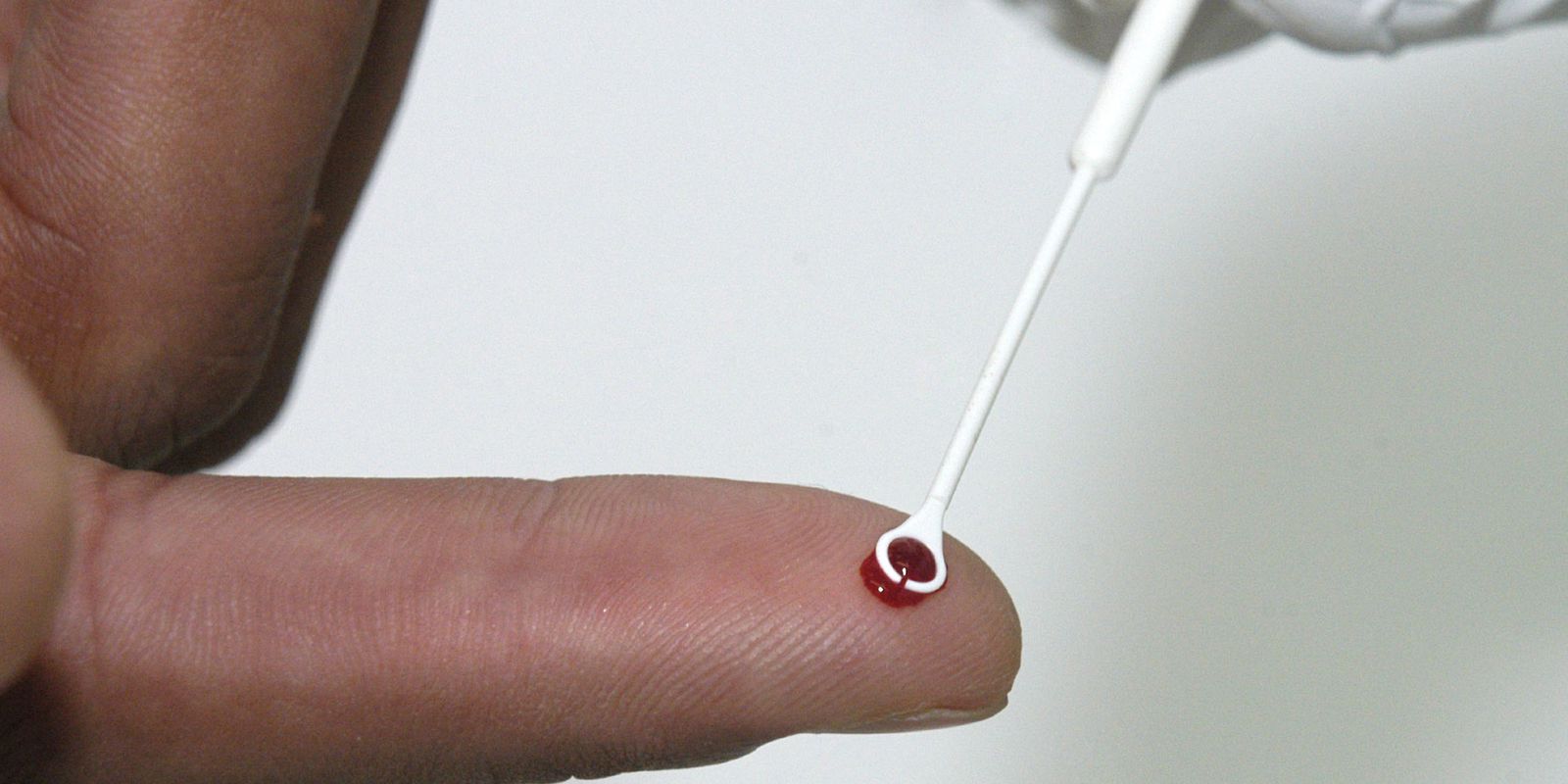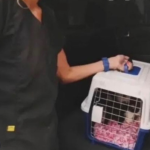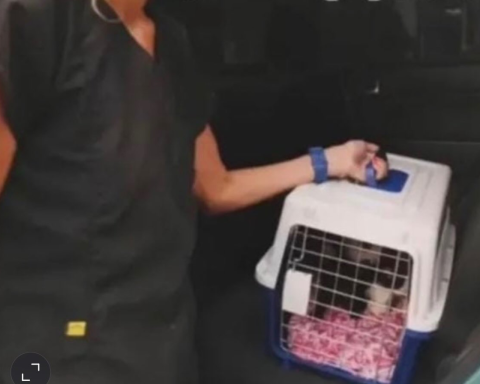Researchers at the Oswaldo Cruz Foundation in Bahia (Fiocruz Bahia) point out that HIV-positive individuals in the state may be at increased risk for co-infection with the Human T-Cell Lymphotropic Virus (HTLV). The data, however, suggest that co-infection by the two antigens is a rare event, even though Bahia is the state with the highest number of HTLV cases. 
The work was released today (7) by Fiocruz and described the co-infection by the HIV and HTLV viruses in all 130,000 samples submitted to serological tests between 2004 and 2013, at the Central Laboratory of Public Health in Bahia (Lacen-BA). The results indicate that 2.4% of HIV-positive samples also had HTLV, a percentage about five times greater than that found in HIV-negative and HTLV-positive samples, 0.5%.
Fiocruz explains that HTLV and HIV are retroviruses that belong to the same family and have no cure. The main forms of transmission of the two are sexual intercourse without prevention, breastfeeding and contaminated syringe needles.
Unlike HIV, the action of HTLV in the body does not destroy the immune system, but can cause diseases such as leukemia, urinary incontinence, erectile dysfunction and neurological problems.
The researchers point out that previous studies point out that co-infection with HTLV can interfere with the evolution of HIV infection. Fiocruz says that, on the one hand, HTLV-1 can favor the emergence of opportunistic diseases, increasing the mortality of patients with HIV. Coinfection with the other type of virus, HTLV-2, can delay the progression of AIDS.
The work was published in the scientific journal Frontiers in Medicine and coordinated by researcher Maria Fernanda Grassi, from Fiocruz Bahia. The article highlights that it is important to identify risk factors for co-infection so that effective actions are developed in each affected region in the state.
Coinfection was found more frequently in economic or tourist centers, with the capital, Salvador, being the location of 57% of cases. The research also shows that the presence of both viruses was more common in women, which could be associated with the mandatory serological screening of HTLV for pregnant women in the state, in effect since 2011.
















